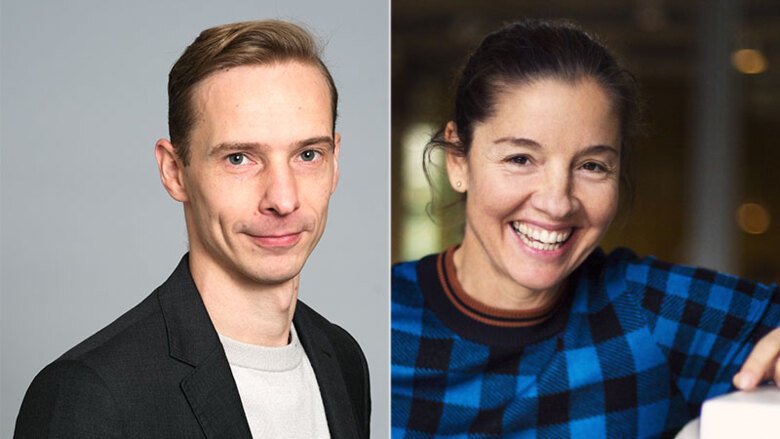International cancer award to two KI researchers

KI researchers Bennie Lemmens and Kirsty Spalding have been granted 2021 ASPIRE Awards from The Mark Foundation for Cancer Research for their innovative and bold ideas on cancer research. They are two of a total of 25 award recipients who will jointly receive nearly $9.5 million (SEK 86 million).
The ASPIRE (Accelerating Scientific Platforms and Innovative Research) program is one of U.S.-based The Mark Foundation’s various funding programs.
The awards support high-risk, high-reward cancer research projects that answer key feasibility and proof-of-concept questions in an accelerated timeframe, typically one year. Projects that successfully demonstrate feasibility may be selected to apply for additional funding in a second phase. This year, the foundation expanded its reach with its first-ever grants in Sweden, Australia and Spain.
KI grant recipients are
Bennie Lemmens, assistant professor at the Department of Medical Biochemistry and Biophysics, who is awarded for his project “Direct visualization and control of DNA replication kinetics in single cells and cancer tissues by X-MARK.”
Bennie Lemmens’ research group focuses on understanding how human cells copy their DNA and maintain genome stability, using advanced genetics and imaging techniques to control and visualize DNA replication in time and space.
Kirsty Spalding, researcher at the Department of Cell and Molecular Biology, who is awarded for her project “Targeting fat cells to reduce breast cancer progression and metastasis in humans.”
Kirsty Spalding’s lab primarily investigates the origin and turnover of adipocytes, their progenitor cells and lipid stores in lean and obese individuals.
About The Mark Foundation
The Mark Foundation for Cancer Research was established in 2017 and has since awarded than $125 million in grants to enable innovative basic, translational, and clinical cancer research, including drug discovery.
